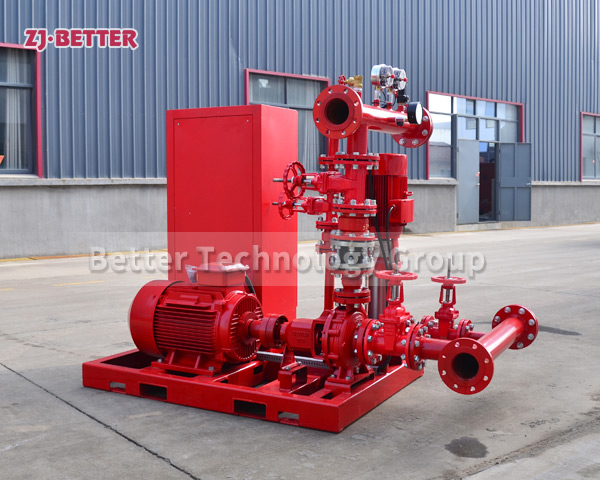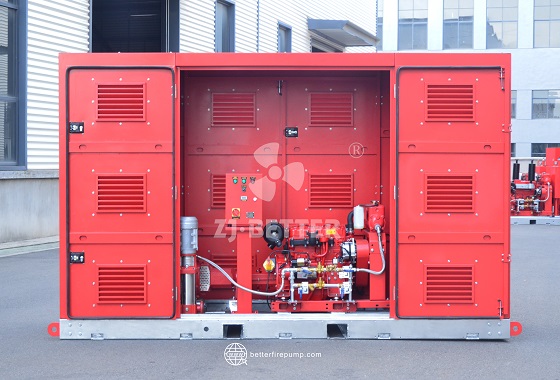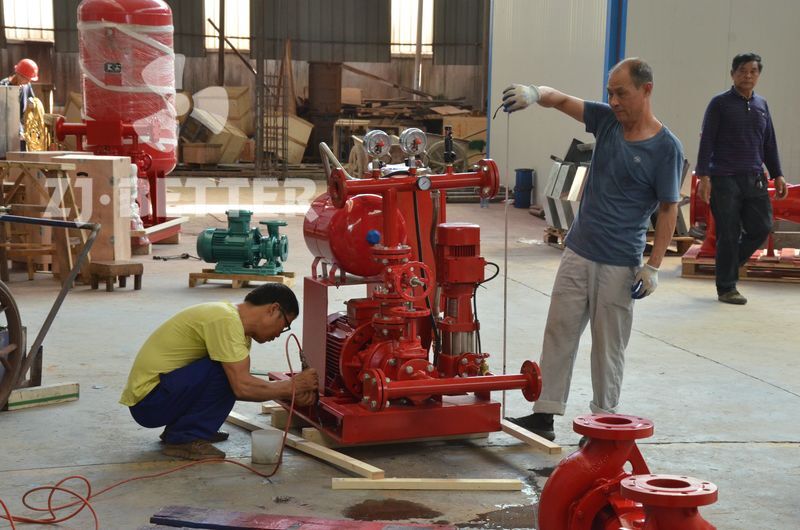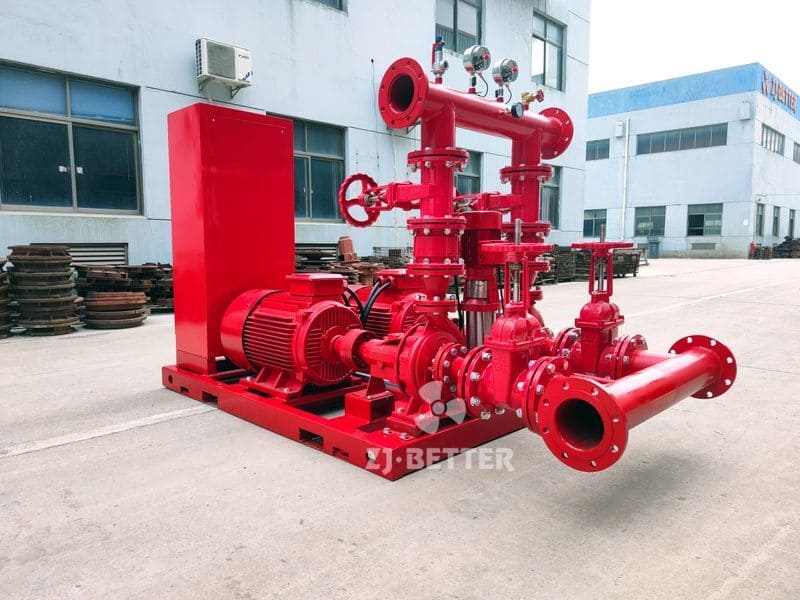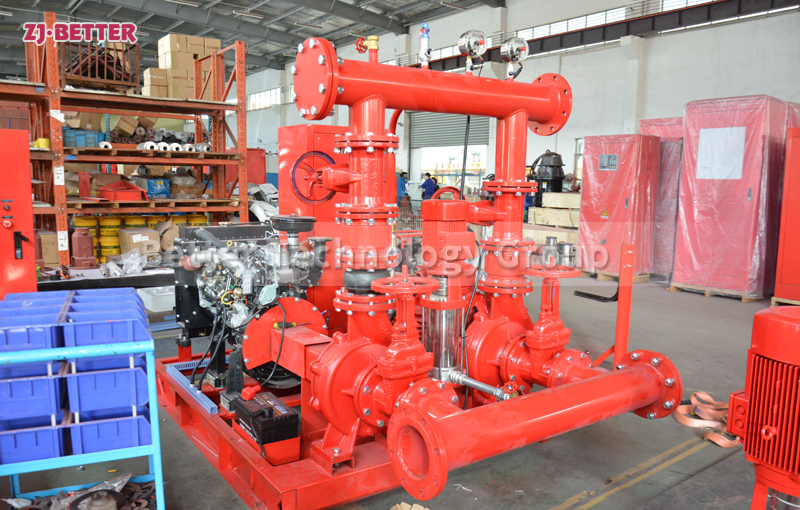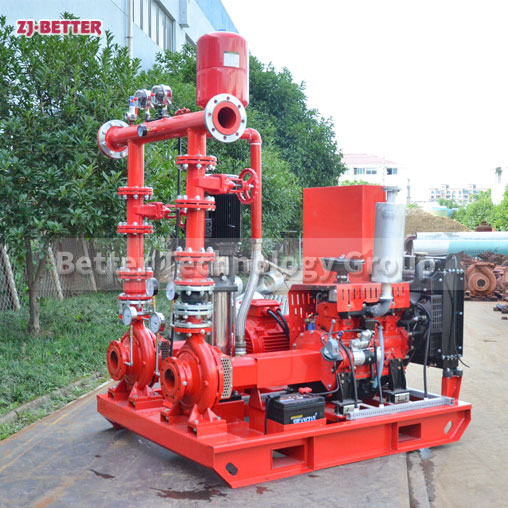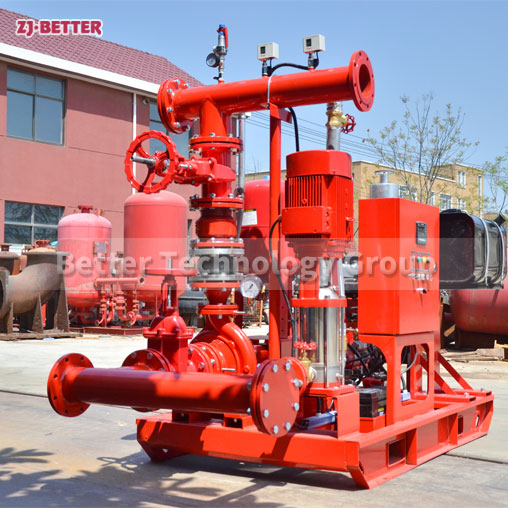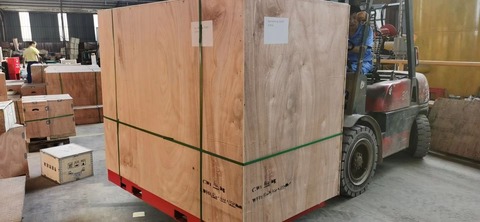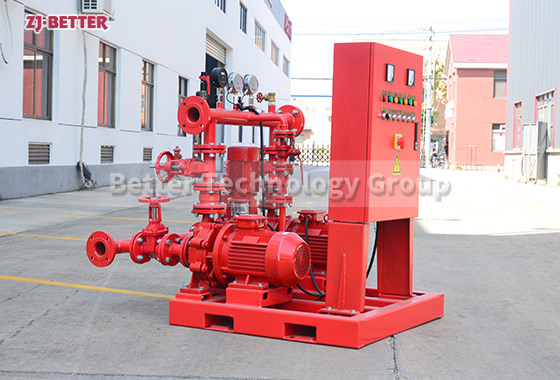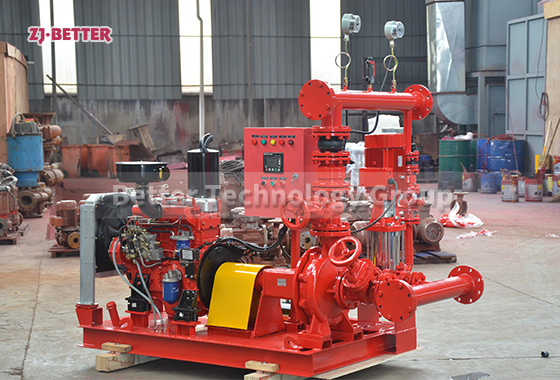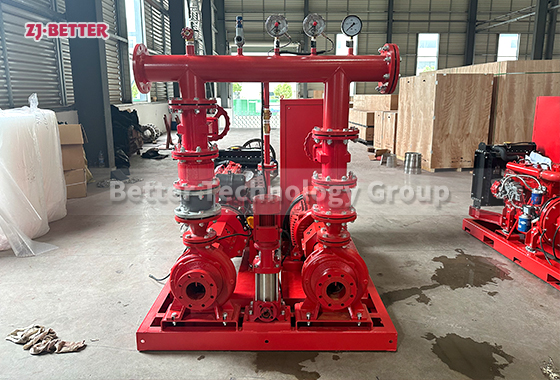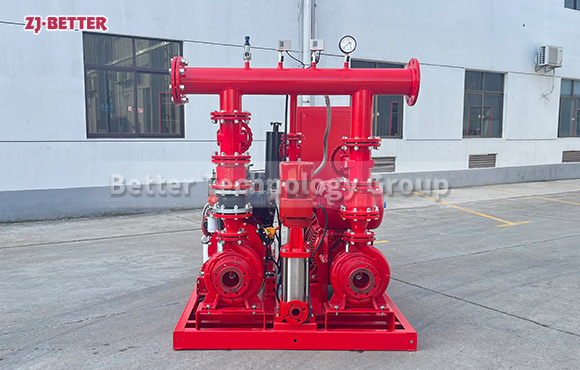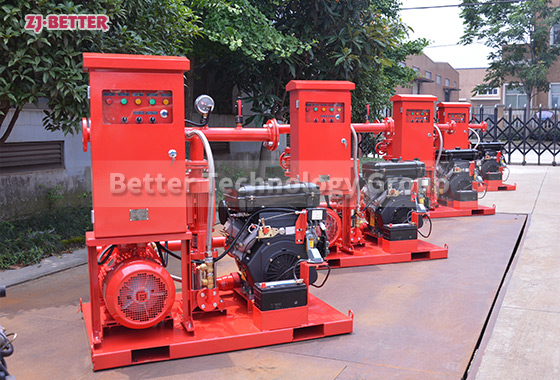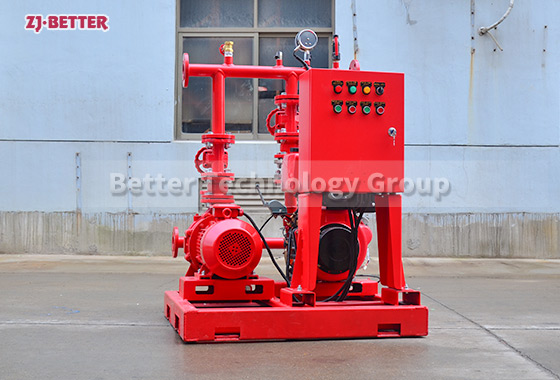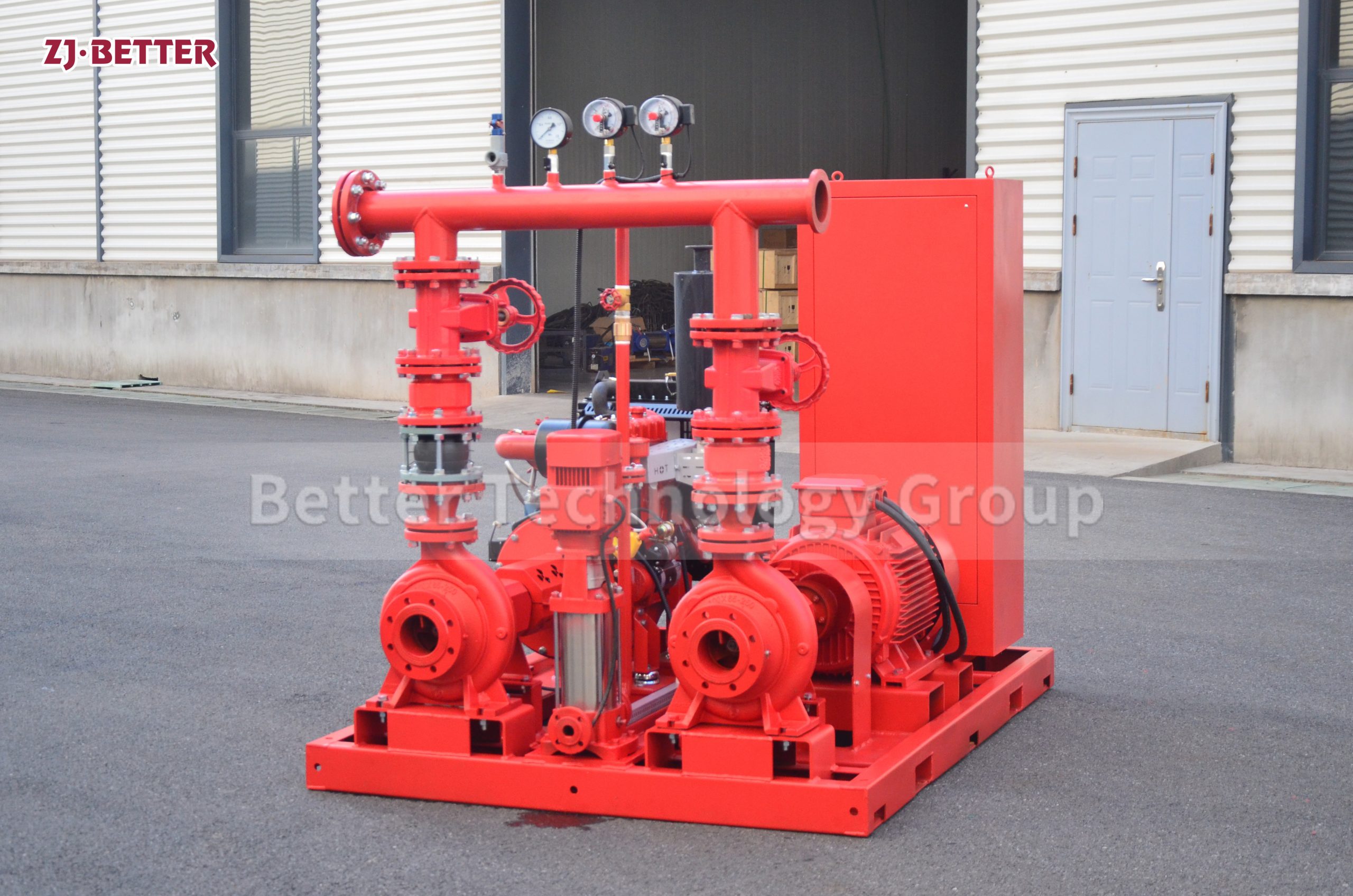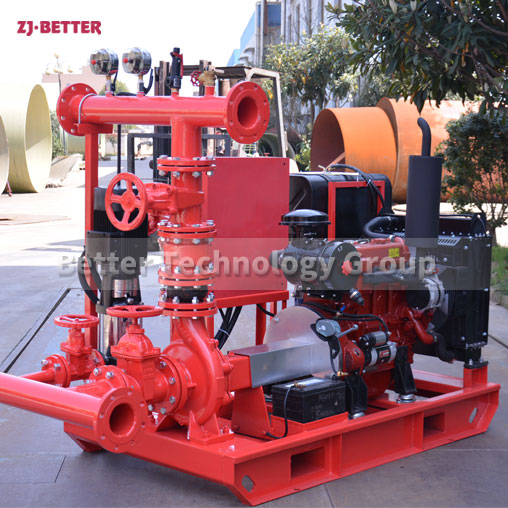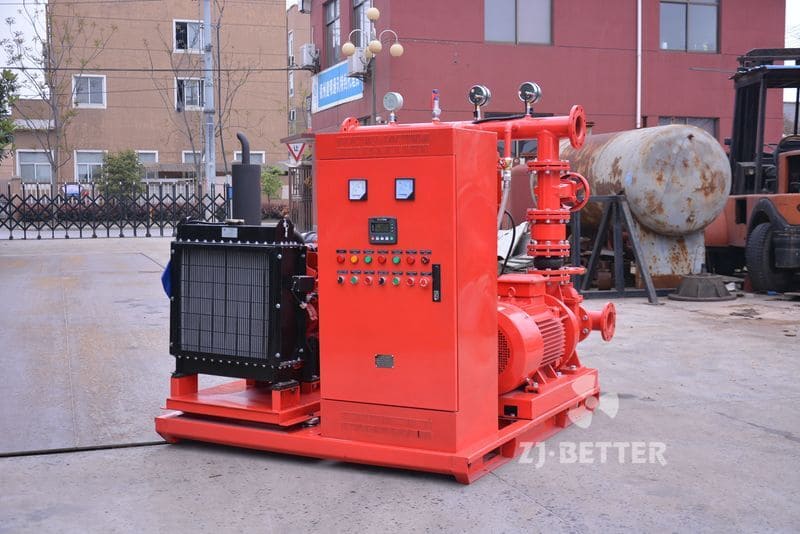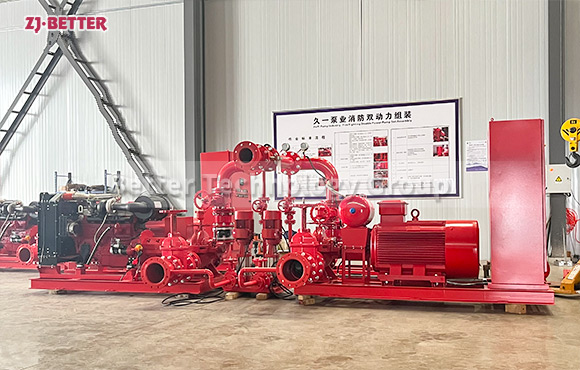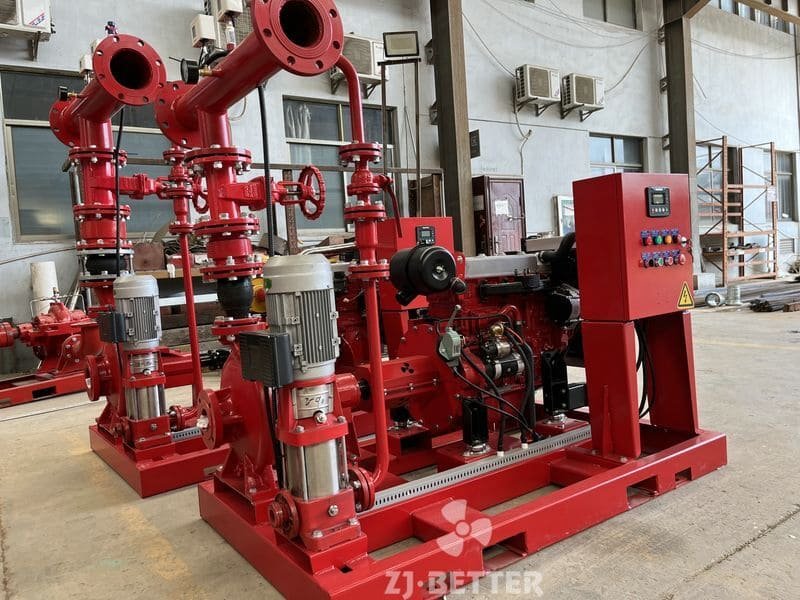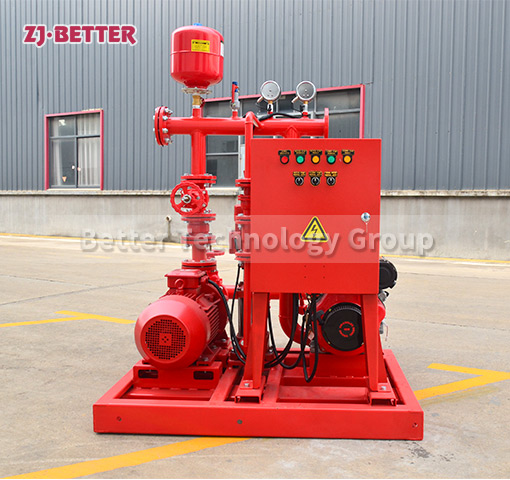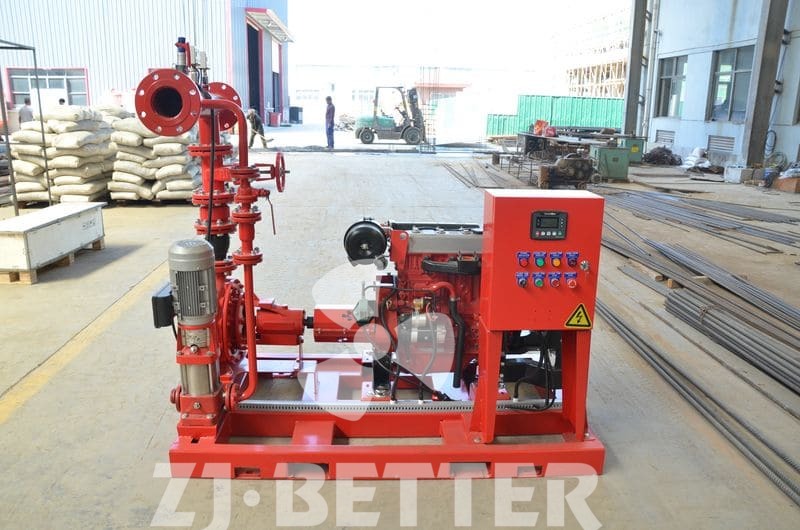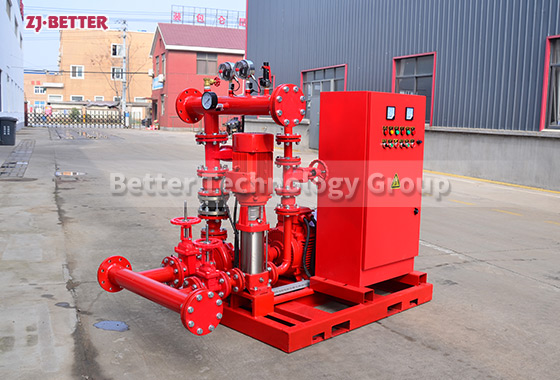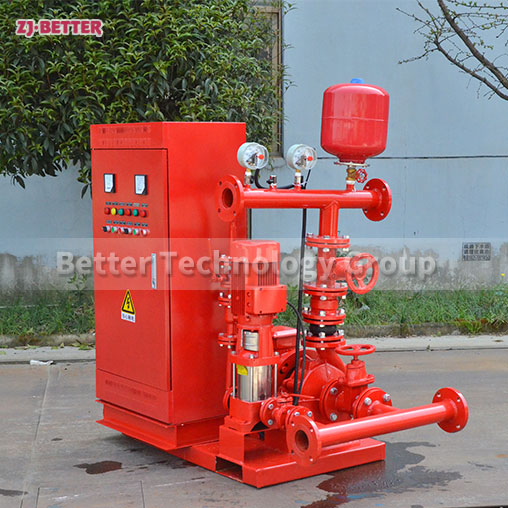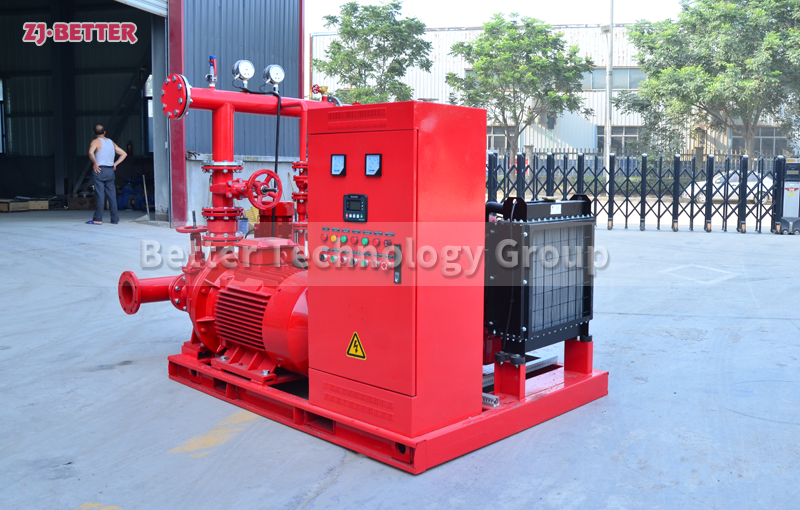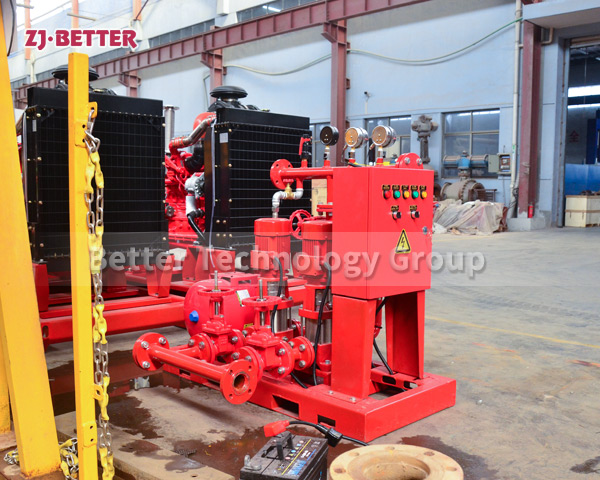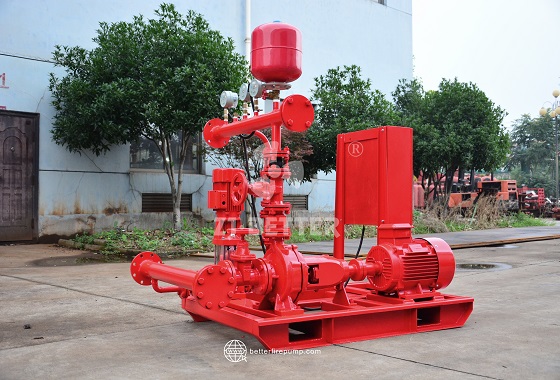Electric fire pumps are used in various water environments
Electric fire pumps are used in various water environments, not only to meet the general water supply but also to be a good helper for fire-fighting water. The electric fire pump is manufactured with good structure and workmanship. It has a wide range of performance, and is easy to use and operate for a long time. The electric fire pump is aimed at various fire water environments, so the selection should also be based on the actual demand environment, performance parameters, etc.
The inspection work of the electric fire pump is mainly composed of various components, such as motor, pump base, coupling, bearing, shaft and sealing device, impeller, etc. The corresponding inspection and maintenance records should be done well, and the records are for better use of fire protection pumps. The pump is also a good basis for finding sudden faults. The long-term use of the motor fire pump is more stable. For the maintenance of the fire pump, you can communicate with the fire pump manufacturer more, so that the fault can be solved in time.

